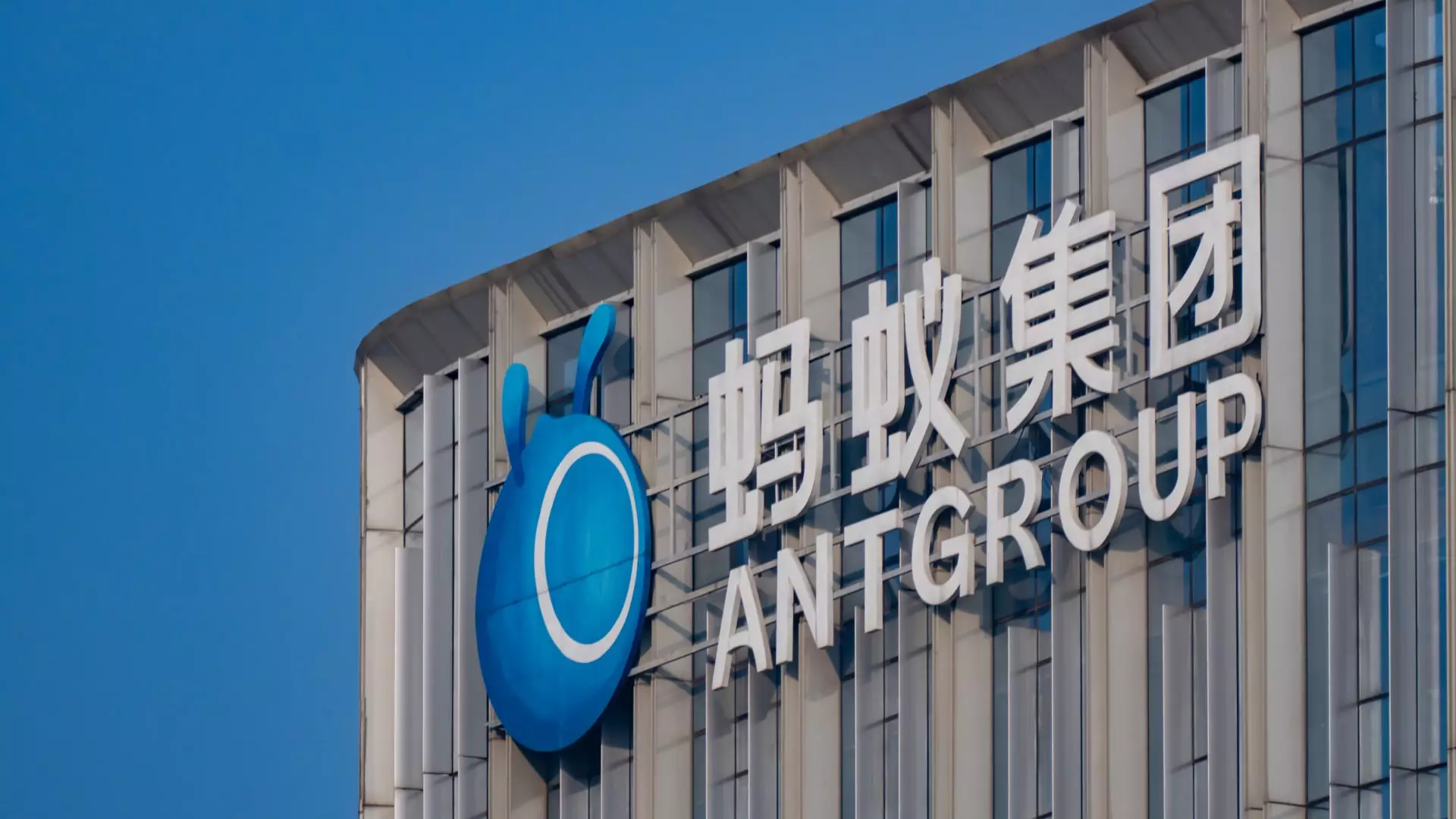In an era where artificial intelligence (AI) is often touted as the linchpin for future growth and innovation, China’s leading tech entities like Ant Group are cleverly navigating the challenges imposed by geopolitical tensions. Recent revelations confirm that Ant Group is leveraging a combination of both Chinese and American semiconductor technology in their AI systems, signaling a strategic duality that is both ambitious and concerning. While utilizing domestic chips from Alibaba and Huawei alongside American alternatives from firms like Advanced Micro Devices (AMD) allows for greater efficiency and cost reduction, it simultaneously raises questions about the implications for global tech dominance.
Rethinking Dependency: The Multi-Supplier Approach
Ant Group’s pivot away from exclusive reliance on giants like Nvidia towards a mixed-chip strategy offers us a vital lesson in resilience. By tapping into the “mixture of experts” model, they’ve effectively reduced their training costs by 20%. This innovative approach is not merely a technical feat but a reflection of a broader strategy aimed at diminishing exposure to a single supplier. It suggests that while companies like Nvidia dominate the high-end semiconductor arena, the tenacity of competitors serves as a reminder that resourcefulness, even amid restrictions, can yield significant advancements.
The Role of Healthcare AI and Ethical Considerations
Ant’s announcement regarding the upgrades to AI solutions tailored for healthcare introduces another layer of complexity in the AI discourse. On the surface, deploying advanced algorithms for medical decision-making appears to be a boon. However, lurking beneath this technological triumph are ethical dilemmas that cannot be overlooked. The reality that Ant’s AI models are now influencing patient services and medical inquiries raises critical questions about data privacy and algorithmic bias, especially in an authoritarian context like China’s.
Geopolitical Dynamics: The Games of Limitation
It’s imperative to contextualize these developments within the political landscape where the U.S. has increasingly sought to curtail China’s access to advanced technology through sanctions. The clear intention of limiting access to sophisticated semiconductors speaks volumes about the ongoing struggle for tech supremacy. While some may argue that this should stymie China’s ambitions in AI, Ant Group’s adaptive strategies illustrate a concerning resilience and capability that might allow them to circumvent these restrictions.
The Impending Outcomes of Uneven Technological Warfare
In the long run, the implications of fertilizing an AI ecosystem with both domestic and foreign technology are complex. Ant Group’s methodologies could potentially lead to a fast-tracked development cycle that outpaces regulatory responses and international scrutiny. The fear remains that while Chinese firms become adept at sidestepping imposed barriers, the global community may be caught off guard, facing a more capable adversary in the AI sphere than appreciated. The bullish trajectory of China’s AI development not only challenges ethical doctrines but raises a clarion call for more robust governance in an increasingly digitized world.
It is this intersection of technology, politics, and ethics that we must watch closely, as the stakes have never been higher.

